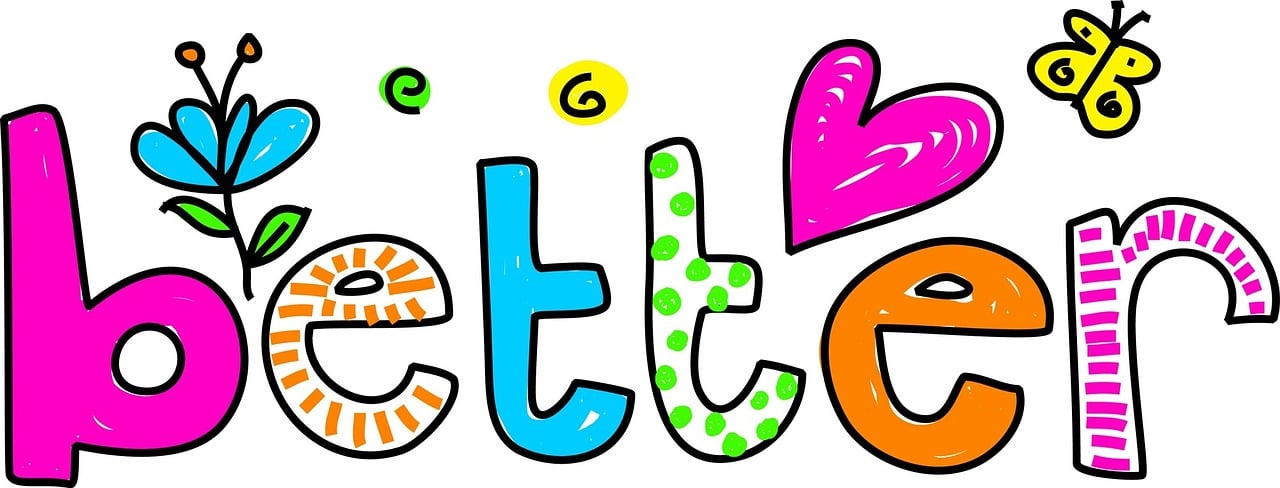The word “better” is commonly used to show improvement or superiority. However, its frequent repetition can make your writing feel uninspired. Using a “better synonym” not only enhances variety but also allows you to tailor your message more precisely to the context.
Common Synonyms for “Better”
When choosing a synonym, consider the intent of your message—whether you’re describing improvement, comparison, or preference. Here are some options to suit different contexts.
Indicating Improvement
- Improved: Highlights progress or advancement in quality.
- Enhanced: Suggests refinement or addition of value.
- Upgraded: Perfect for describing technical or structural improvements.
Expressing Superiority
- Superior: Best used in formal contexts to show something is of higher quality.
- Finer: A polished alternative with a subtle emphasis on excellence.
- Greater: Indicates larger scale or higher magnitude, ideal for comparisons.
Suggesting Preference
- Preferred: Highlights something chosen as more favorable.
- More effective: Focuses on increased efficiency or success.
- More suitable: Conveys appropriateness in a given situation.
How to Choose the Right “Better Synonym”
Selecting the most appropriate synonym depends on your audience and writing tone. In formal or technical writing, options like “improved” or “superior” are ideal. For casual or conversational content, “greater” or “preferred” feels more relatable.
Elevating Your Writing With Synonyms
Incorporating synonyms for “better” ensures your writing remains engaging and avoids redundancy. By selecting precise alternatives, you can add depth to your descriptions and improve clarity.
Expanding your vocabulary with “better synonym” options allows you to create dynamic, effective content tailored to your audience and goals.





